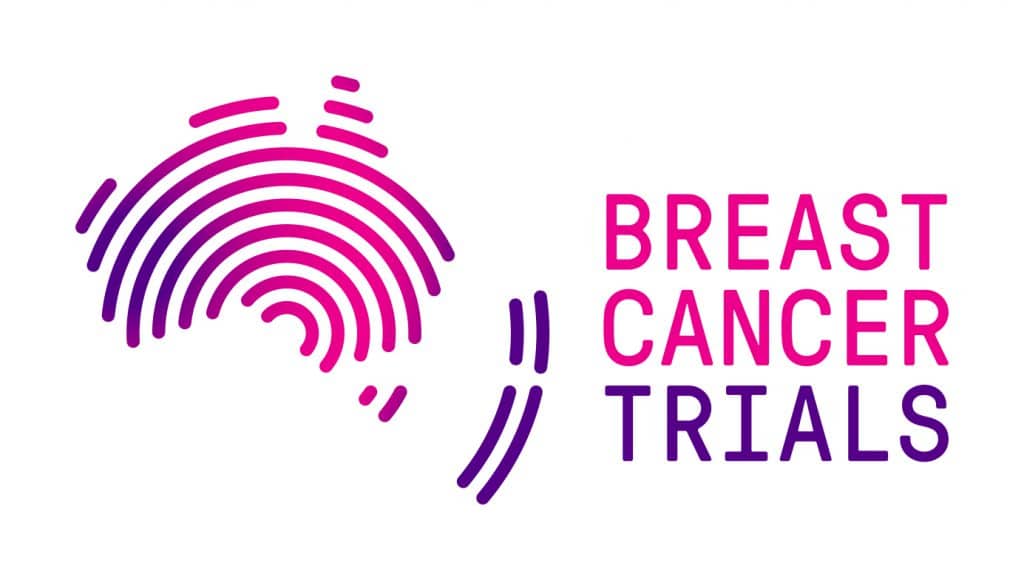European Society For Medical Oncology Congress 2019
Every year, the European Society for Medical Oncology (ESMO) hosts its annual conference, bringing together 28,000 clinicians, researchers and patient advocates from 138 countries, to discuss the latest advances in oncology and help to translate the latest science into better patient care.
Held in Barcelona, Spain, the ESMO 2019 programme featured sessions on innovative treatments, DNA damage, early clinical trial opportunities, immunotherapy and breast cancer response, metabolism, regulation of breast cancer diversity, and resistance to targeted therapy.
We have provided a summary of some key presentations below:
New TAILORx Analysis
What is TAILORx?
TAILORx was the largest ever adjuvant breast cancer treatment clinical trial, which showed that when guided by a diagnostic test, some women with the most common type of breast cancer may no longer need to have chemotherapy to increase their chance of survival.
The study involved 10,253 patients worldwide, including 25 women from Australia and New Zealand. TAILORx was coordinated by Breast Cancer Trials in Australia and New Zealand.
It found that for some women with hormone receptor (HR) positive, HER2 negative, axillary lymph node-negative breast cancer, treatment with chemotherapy and hormone therapy after surgery is no more beneficial than treatment with hormone therapy alone.
A genetic test called Oncotype DX or 21-gene assay, identifies up to 70% of women with early stage HR positive HER2 negative breast cancer, which has not spread to the lymph nodes, who can be spared chemotherapy and the side effects of this treatment, especially those who are older than 50 years of age.
What Does The New Analysis Show?
A new secondary analysis of the study was presented at ESMO 2019 and published in the Journal JAMA Oncology. It found that among 1,389 women with early breast cancer and a high score of 26 to 100 by 21-gene assay who received adjuvant chemotherapy, the estimated proportion free from distant recurrence at five years was 93%.
This means that women with hormone receptor-positive, HER2-negative, axillary node-negative breast cancer, and a high 21-gene recurrence score, a higher proportion appeared to be free from distant recurrence when treated with chemo-endocrine therapy than expected with endocrine therapy alone. This new analysis confirms the importance of using the gene-assay test to identify the minority of patients who will receive a significant benefit from adding adjuvant chemotherapy to endocrine therapy.
Two Studies Show CDK4/6 Inhibitors Improve Overall Survival In Advanced Breast Cancer
CDK4/6 inhibitors are a class of drugs that target particular enzymes, called CDK4 and CDK6. CDK stands for cyclin-dependent kinase, and it is an enzyme that is important for cell division. CDK4/6 inhibitors interrupt signals that stimulate the proliferation of cancerous cells. CDK4/6 inhibitors currently used to treat metastatic breast cancer are abemaciclib (Verzenio), palbociclib (Ibrance) and ribociclib (Kisqali).
What are CDK4/6 inhibitors?
CDK4/6 inhibitors are a class of drugs that target particular enzymes, called CDK4 and CDK6. CDK stands for cyclin-dependent kinase, and it is an enzyme that is important for cell division. CDK4/6 inhibitors interrupt signals that stimulate the proliferation of cancerous cells. CDK4/6 inhibitors currently used to treat metastatic breast cancer are abemaciclib (Verzenio), palbociclib (Ibrance) and ribociclib (Kisqali).
Monaleesa-3 study results
The first study was called Monaleesa-3 and investigated ribociclib plus fulvestrant as first- or second-line treatment, only in postmenopausal patients with HR+ HER2- advanced breast cancer. The benefits with ribociclib plus fulvestrant were seen in women not previously treated with hormonal therapy as well as in those whose cancer had become resistant to endocrine therapy.
Monarch 2 study results
The Monarch 2 study evaluated abemaciclib plus fulvestrant in patients with advanced breast cancer after failure of endocrine therapy and regardless of the menopausal status. Benefits were seen in across the board in patients given the combination, compared with those who received fulvestrant alone.
Why are these study results important?
The results of the Monaleesa-3 study are important as it shows that advanced breast cancer patient’s survival is longer if they get the CDK4/6 inhibitor ribociclib upfront at the time of their recurrence, even if they have not had any prior endocrine therapy at the time of presenting with metastatic disease.
The results of the Monarch 2 study further supports these findings and shows that CDK4/6 inhibitors significantly prolong the time patients remain in remission and significantly improve overall survival.
Currently fulvestrant is TGA registered but is not PBS listed.
Immunotherapy eliminates tumour cells in early triple negative breast cancer
Immunotherapy is an expanding field in breast cancer research, with its benefits already being seen in practice in other cancer types. Immunotherapy uses the body’s own immune system to help fight cancer.
Breast Cancer Trials currently has two phase II immunotherapy clinical trials open in Australia, CHARIOT and DIAmOND, which are investigating whether immunotherapy may benefit patients in two different breast cancer sub-types.
What’s new in breast cancer immunotherapy?
Interim results presented at ESMO 2019 from the KEYNOTE-522 trial have shown immune therapy added to chemotherapy improves pathological complete response, which means no cancerous cells remain in the breast, in patients with early stage triple negative breast cancer. The interim results also suggested an improvement in event-free survival which means fewer cancer recurrences.
KEYNOTE-522 is the first phase III trial of immunotherapy in early breast cancer. A total of 1,174 patients were randomly allocated at a 2:1 ratio to pembrolizumab or placebo, both added to preoperative (neoadjuvant) chemotherapy with anthracyclines, taxanes, and platinum, for five to six months. After surgery, patients continued their allocated treatment of pembrolizumab or placebo for further nine cycles.
Why are the KEYNOTE-522 results important?
The results presented at EMSO 2019 were a follow-up of 15.5 months. In the 602 patients who participated, pathological complete response increased from 51.2% in those on the placebo, to 64.8% in those taking the immunotherapy drug. This is a 13.6% difference; which researchers consider to be a ‘clinically meaningful benefit’.
Researchers said the next step will be to define which patients are resistant and prioritise which targets should be hit in this population. They also said they have to determine the impact of this new class of drug on survivorship issues.
Support Us
Help us to change lives through breast cancer clinical trials research



